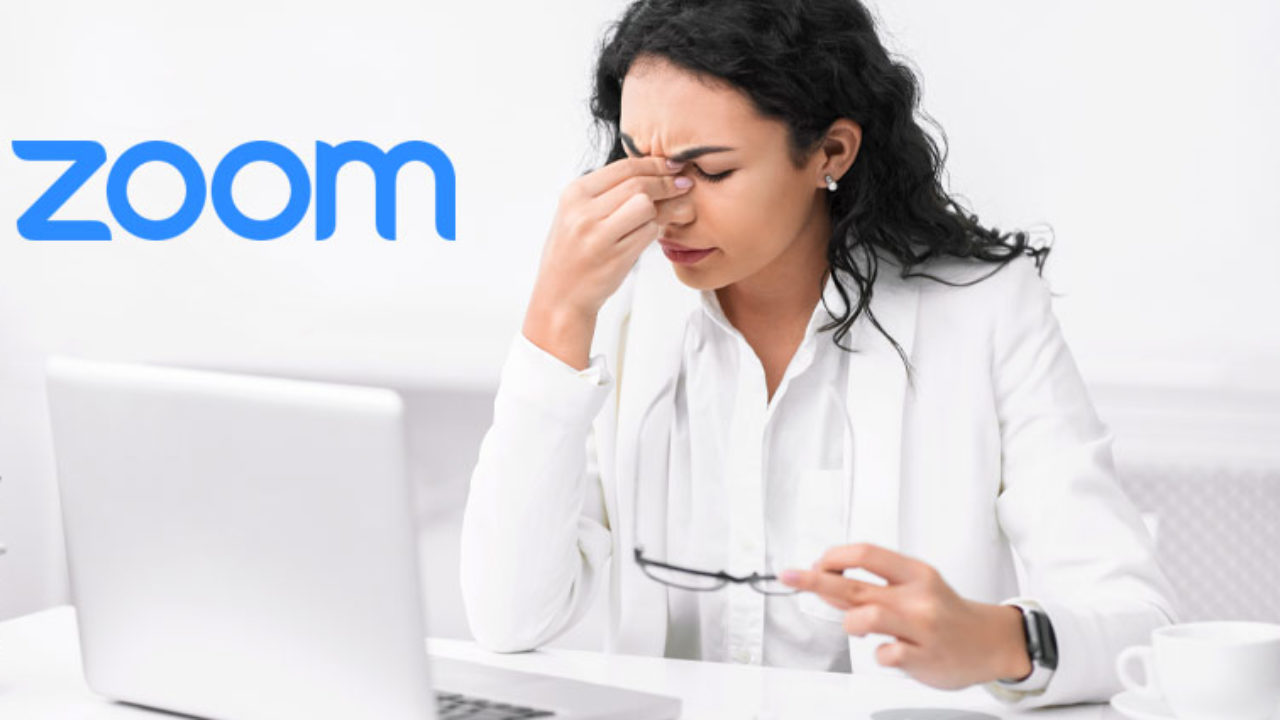Working from home might require less preparation in the morning, but it does not mean that it’s less stressful. With new work, environments came new reasons to complain about work. Zoom fatigue, the worn-out feeling you have after what seems like a million years of a zoom call, is now a recognized disease. What’s more, a recent study revealed that zoom fatigue affects women more than men.
The study, which involved over 10,000 participants, was conducted by Stanford University in association with Gothenburg University. In the results, only 20% of men admitted to feeling very zapped after a zoom call. On the other hand, one in seven women was quick to confirm that they felt “very” to “extremely” zapped after a zoom call.
Not feeling pretty
Researchers attributed this huge disparity to the higher possibility of women feeling more self-conscious while looking at their mirrored versions on the zoom screens. This constant examination of their images can fuel mirror anxiety and ultimately cause zoom fatigue.
The researchers asked participants to describe how they feel about seeing themselves during a zoom meeting and how distracting it is. Women’s answers revealed that they were more adversely affected by the mirror screens than men. However, they were also more likely to feel trapped by the requirement to remain within the camera’s vision.
As expected, the results also revealed that zoom fatigue is prevalent among young people compared to older people. However, what came as a surprise is that zoom fatigue also immensely affected non-white people, who the researchers say require urgent study attention.
Feeling pretty
A different study explains that women are more likely to self- obsess in the mirror or zoom meetings than men. As a result, there is increasing self-awareness in women.
As the world transitions to a post-pandemic reality, work will most likely be a hybrid of remote and physical offices. Therefore, it will be vital for companies to take advantage of the benefits of video conferencing while reducing psychological costs.


